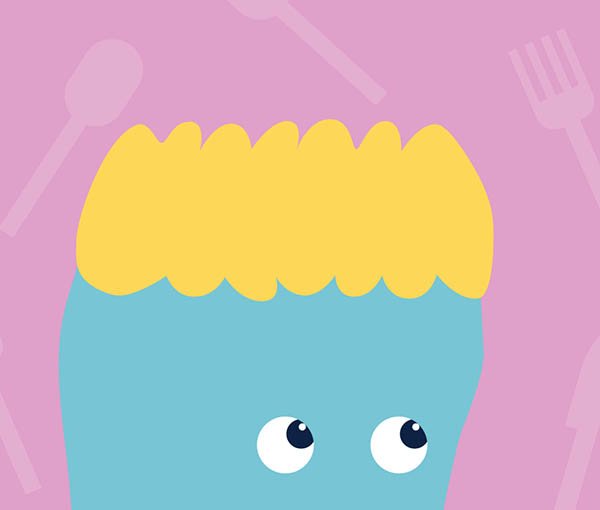Spoiler-B Vitamins are pretty important
It goes without saying that eating food we enjoy is one of life’s great pleasures, and so it should be. It’s no coincidence that nature provided us with a whole raft of delicious, colour-rich, highly nutritious foods to relish and, as importantly, to feel good!
But how does food affect our mood and overall brain function? It’s largely down to a very important family of eight B-vitamins found in a variety of foods. Like all good families, they support each other. The B-vitamins work together in many body functions and some directly affect mood and overall mental health. In fact, deficiency of any one of the B-vitamins can quickly affect how we think and feel. This is partly because they’re water-soluble so are quickly excreted from the body but are also rapidly used up by the brain every day, and even more when we’re stressed.
But first …… an introduction!
The members of the family are thiamine, riboflavin, niacin, pantothenic acid, vitamin B6, biotin, folic acid and cobalamin (vitamin B12). B-vitamins are easily destroyed by cooking, food processing and exposure to ultra-violet light so they need to be present in the diet daily.
The good news is that B-vitamins are widely available in foods and often in the same ones, including red meat, poultry, eggs, fish, dairy products, whole grains and green leafy vegetables.
How do they work?
B-vitamins actually work their magic in a variety of ways. They are known as ‘energy-producing’ because they enable the food we eat to be turned into energy, which is why our food choices are so important. They’re also involved in hundreds of enzyme reactions, as well as transporting energy-containing nutrients around the body.
However, when it comes to mood and overall mental well-being, there are four B-vitamins that are really shining lights, namely vitamins B2, B6, B12 and folic acid.








